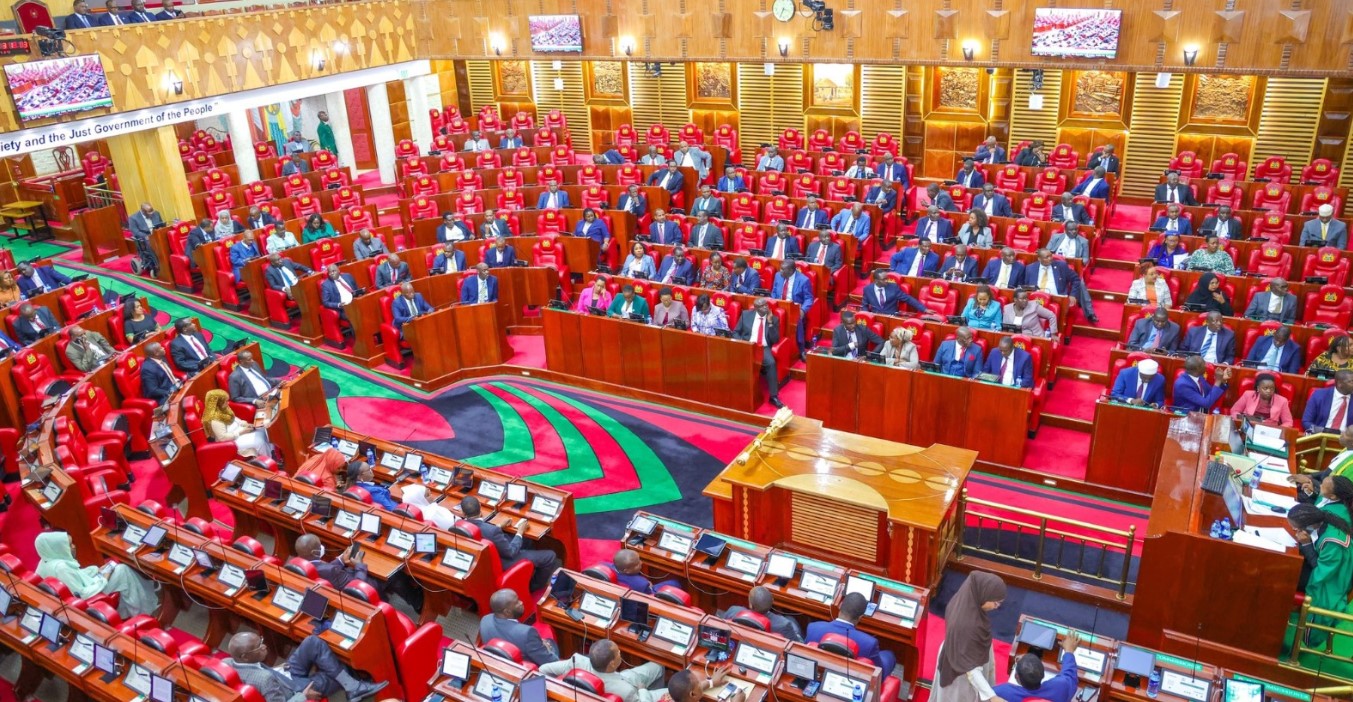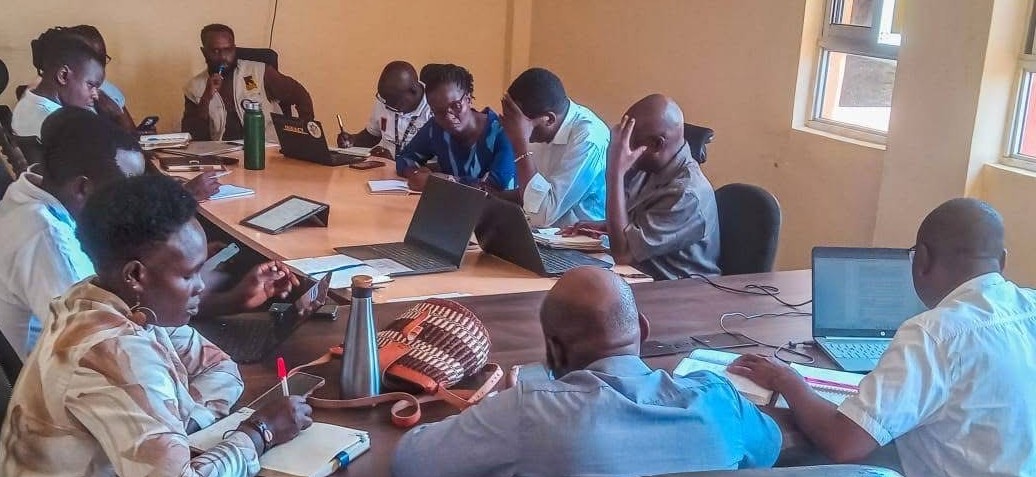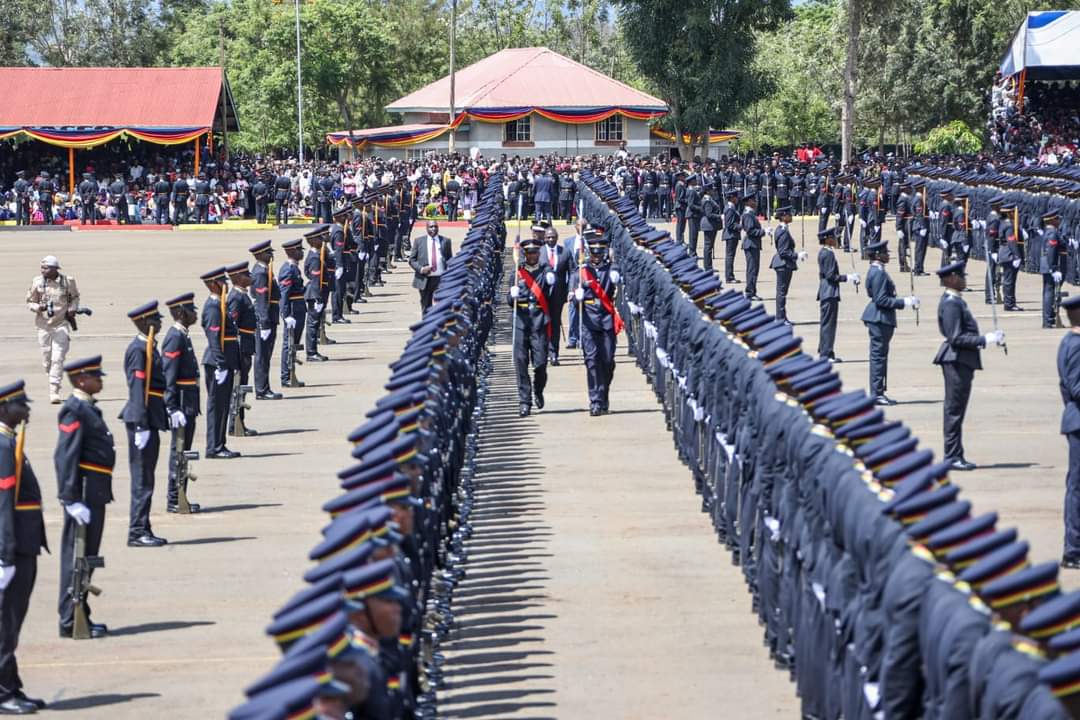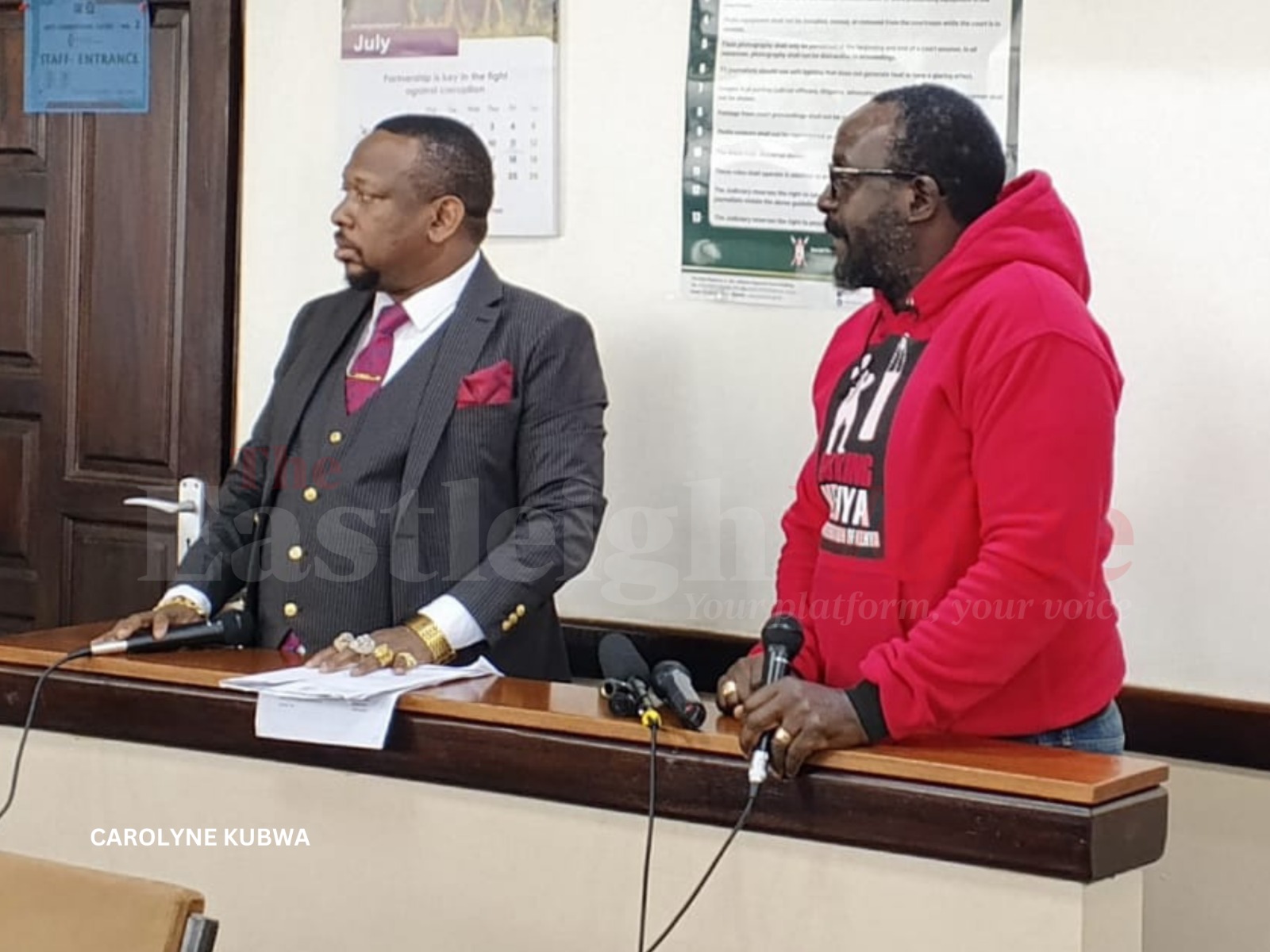New Bill seeks to freeze government spending, hiring before elections

If passed, the law will also halt payments exceeding Sh50 million, tightening financial controls to prevent last-minute spending by outgoing administrations.
In a move aimed at curbing the misuse of public funds, a new Bill has proposed a 90-day freeze on major payments, hiring and contractual commitments before a presidential election.
The Assumption of the Office of President and Transition of Executive Authority Bill, 2025, seeks to bar state officers from entering into financial agreements with suppliers and contractors during the transition period.
More To Read
- Ruto declares readiness for 2027 election, says Kenyans will judge his track record
- Ex-CJ David Maraga confirms 2027 presidential bid, hints at coalition backing
- Gachagua rejects Raila’s dialogue proposal, calls for "ballot-based change" in 2027
- MP Caleb Amisi to Kenyan youth: Your power is at the ballot, not in the streets
- IEBC faces Sh3.7 billion debt from 2022 election legal bills as 2027 poll budget hits Sh57.4 billion
- Matiang'i blames 'poor leadership' for Kenya's woes upon return from US
If passed, the law will also halt payments exceeding Sh50 million, tightening financial controls to prevent last-minute spending by outgoing administrations.
The government-backed legislation, sponsored by National Assembly Majority Leader Kimani Ichung’wah, was formally introduced in Parliament and is set to impose stringent restrictions on state officers during the transition from one administration to another.
“Within 90 days before a presidential election, no Cabinet Secretary or Principal Secretary shall make any commitment intended to be binding on the Government, unless the commitment is necessary during that period and has been duly budgeted for,” reads the Bill.
“During this period, no Cabinet Secretary or Principal Secretary shall make fresh appointments of public officers, nominate individuals for public office, or travel outside Kenya without prior written approval from the Head of Public Service.”
Accounting officers would also be restricted from making or authorising payments above Sh50 million without express approval from the National Treasury. The Bill further seeks to prevent public officers from entering into contracts on behalf of the government during the transition period.
“No Cabinet Secretary or Principal Secretary shall make financial commitments, appoint public officers, or travel abroad without prior written approval,” reads the Bill.
Additionally, international obligations that could bind the government would be prohibited, with severe penalties for those in violation. Any state officer found breaching the law could face hefty fines of up to Sh10 million or imprisonment for up to 10 years.
However, the Bill allows for “necessary commitments” that have pre-approved budgets.
The proposal comes in the wake of parliamentary scrutiny over payments running into billions of shillings that were committed by former President Uhuru Kenyatta’s administration during its final days in office.
One such transaction under review is a Sh6 billion payment to a firm that had acquired a 60 per cent stake in Telkom Kenya and later sold it back to the government. Parliament has yet to approve the expenditure, which Auditor General Nancy Gathungu flagged in her audit of government accounts for the period ending June 30, 2023.
“In the circumstances, the propriety of the expenditure amounting to Sh6.1 billion couldn’t be confirmed,” Gathungu said.
MPs have also declined to approve a Sh4 billion budget meant for payments to millers who participated in the government's unga subsidy programme.
Beyond financial controls, the proposed legislation also seeks to regulate other aspects of governance during the transition. Cabinet Secretaries and Principal Secretaries would be prohibited from making fresh appointments of public officers in the lead-up to elections. Additionally, CSs and PSs would not be allowed to travel outside Kenya without prior written approval from the Head of Public Service.
A Cabinet dispatch on the proposed law described it as a measure designed to “seal gaps and ensure smoother and more unified presidential transitions in Kenya.”
Under the new regulations, all ministries, departments, and agencies (MDAs) will be required to issue comprehensive handover reports by July 15 of an election year. The reports must disclose bank account balances, policies, ongoing programmes and projects, and human resource matters, including staff establishment, salaries, training, performance appraisals, and disciplinary cases.
The reports must also provide details on government assets, pending bills, ongoing acquisitions, procurement and disposal of assets, court cases, and related liabilities. Planning matters, such as performance contracts and work plans, must also be outlined.
The proposed law comes amid concerns over the challenges experienced during President William Ruto’s transition from his predecessor, former President Uhuru Kenyatta, in 2022.
Allegations of sabotage and financial irregularities marked the handover, prompting calls for stricter measures to ensure transparency and accountability in future transitions.
Top Stories Today











































